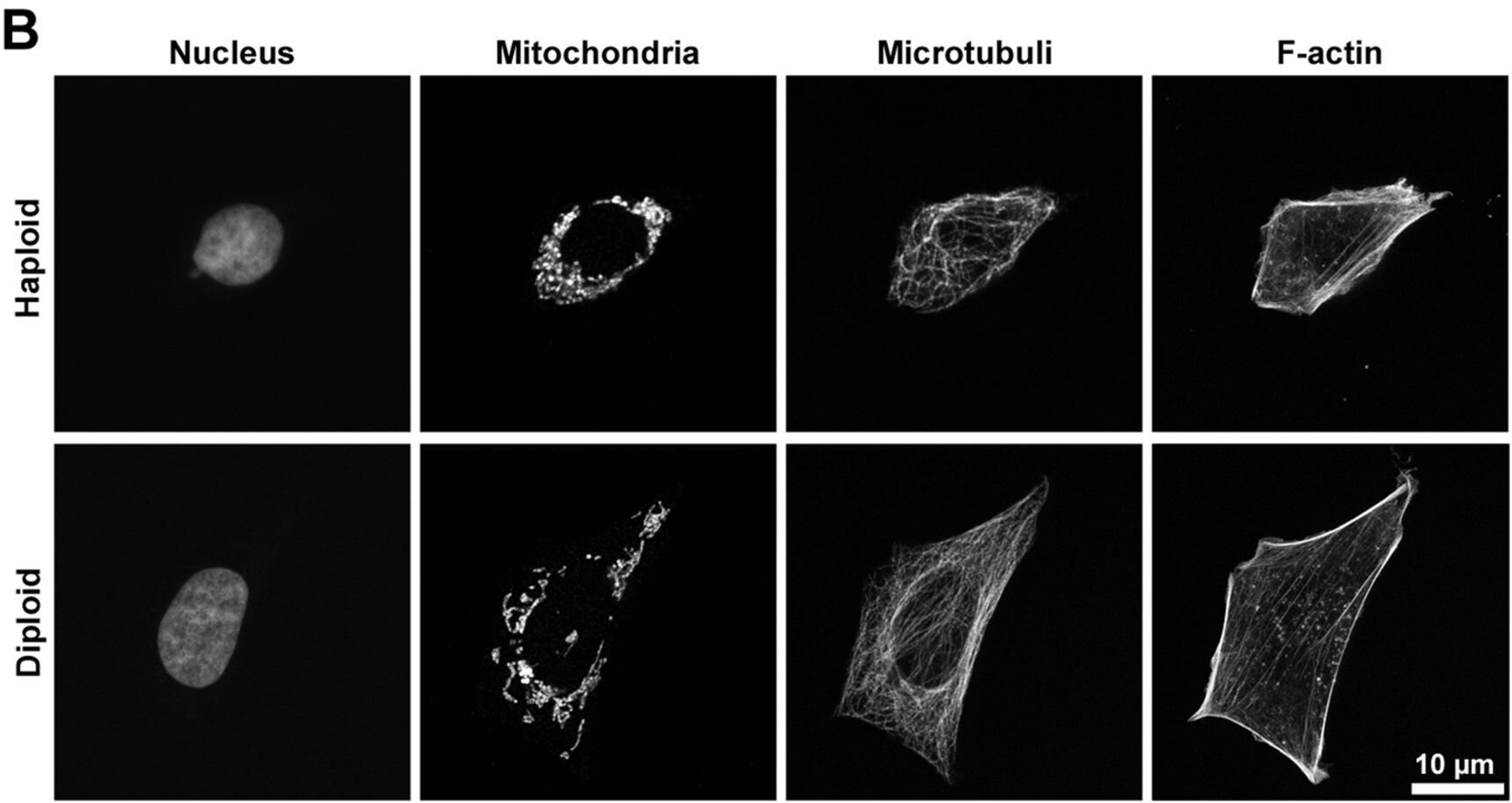A mammalian taste of «the awesome power of yeast genetics»
November 17, 2020.
The “awesome power of yeast genetics” has become legendary and is the envy of those who work with higher eukaryotes.
This is a quote by the renowned yeast researcher Fred Sherman, the first yeast molecular biologist. This phrase concerns the ease of handling these eukaryotes and their accessibility to genetic manipulation and downstream analysis. This is indeed still valid, nevertheless with the recent advances in gene modification with CRISPR, mammalian model systems are approaching this level – and combined with haploid human cells, in which there is only one chromosomal gene to target, one can definitely say that we are getting a taste of this awesome experimental power.
The Arnesen lab embraced CRISPR-targeted HAP1 cells (a near-haploid human cell line), approximately five years ago, leading amongst other things to the discovery of the actin N-terminal acetyltransferase, NAA80, and its associated phenotypes. “In the initial time with the HAP1 cells, I became aware of their tendency to spontaneously turn diploid, says Henriette Aksnes”. My concern was that the phenotypic assays that we were about to embark on would be affected by a potential difference in ploidy across the wildtype and knockout. Our solution became to test for ploidy and perform phenotype assays only on diploid HAP1 cells. Later on, I got help from students Tobias B. Beigl, Ine Kjosås and Emilie Seljeseth, to drastically improve and increase the efficacy of the standard operating procedure for diploidization as well as to document some fundamental differences between the haploid and diploid HAP1 control cells”. The outcome: a quality-controlled human cell culture model with the taste of the awesome yeast power. Our protocol is now published and can be accessed here.
Efficient and crucial quality control of HAP1 cell ploidy status
Tobias B Beigl, Ine Kjosås, Emilie Seljeseth, Nina Glomnes, and Henriette Aksnes
Biol Open. 2020 12;9(11):bio057174.
First person – Tobias Beigl, Ine Kjosås and Emilie Seljeseth
Biol Open (2020) 9 (11): bio057497.
